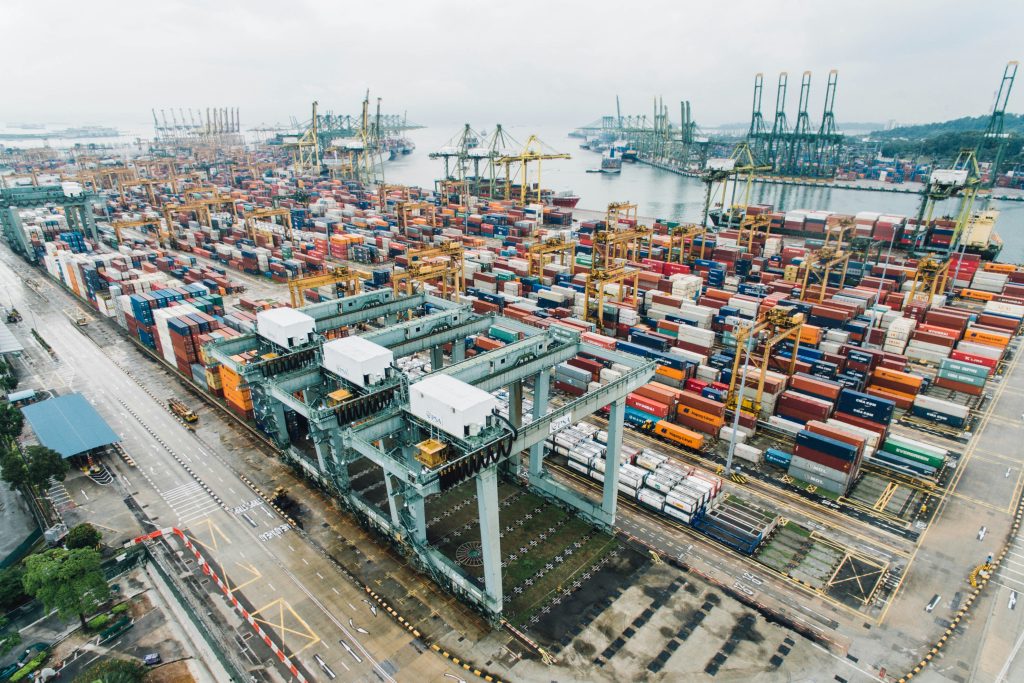Introduction
Shipping logistics in Nigeria face several challenges that can delay deliveries and increase costs. Understanding these obstacles is the first step toward overcoming them and improving your supply chain efficiency. In this article, we delve into the key issues affecting cargo and container shipping in Nigeria and how to address them effectively.
Excessive Red Tape
Nigeria’s customs processes are notorious for excessive paperwork, complex regulations, and bureaucratic delays. Antiquated systems and lack of automation means clearing shipments is a painfully slow, frustrating experience.
Need for Transparency
Many shippers complain about a lack of pricing transparency from Nigerian logistics providers. Hidden fees and unexpected surcharges are common. This makes budgeting and supply chain planning difficult.
There is also limited visibility into container/cargo movements and timelines, hampering coordination. Better data sharing between all parties could smooth supply chains.
How to Optimize Your Supply Chain and Shipping Logistics
Streamline Documentation
Optimizing your supply chain starts with streamlining documentation. Dealing with paperwork and customs clearances can quickly become a nightmare. That’s why partnering with an experienced logistics provider like AIM Logistics is key.
We have a deep understanding of import/export regulations in Nigeria. Our team ensures all documentation is accurate and compliant from the get-go. This prevents costly delays down the line.
Leverage Advanced Tracking
Visibility is everything in logistics. At AIM, we leverage cutting-edge tracking technology so you always know where your cargo is. Our real-time tracking updates let you monitor shipments across every step.
Maximize Space Utilization
Making the most of your warehousing and transportation capacity is crucial for efficiency. We have an expansive bonded terminal with 1,500 full container capacity. Our space utilization experts will ensure your cargo is properly stacked, stored, and loaded.This level of optimization prevents wasted space on trucks/containers and in facilities. It also minimizes handling, reducing risks of damage.
Conclusion
Understanding the key challenges of shipping logistics in Nigeria is crucial for developing effective strategies. By addressing issues like crumbling infrastructure, excessive red tape, and lack of transparency, you can improve your supply chain efficiency and reduce costs.
Stay tuned for our next article, where we’ll guide you through choosing the right logistics partner in Nigeria.
Remember to reach out to AIML for all your cargo shipping, global supply and trading concerns.


